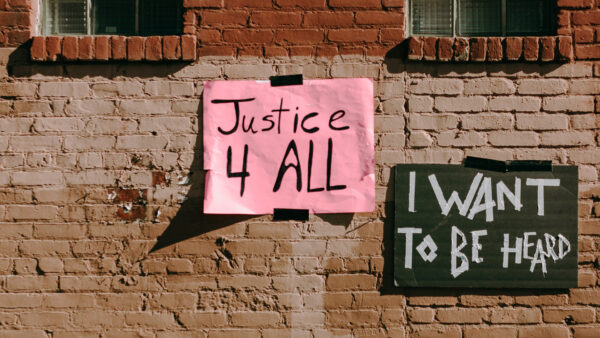India’s looming water crisis: an urgent call for action.
The UN Sustainable Development Goals under their sixth goals targets the availability of clean drinking water and sanitation facilities for everyone. Safe drinking water is one of the most important indicators of this goal and forms a precursor to other goals under the SDG’s such as Goal 3 which aims at good health and well-being for people as well as Goal 17 which seeks to ensure partnership for the goals.
The World Health Organization in a report in 2017, defined safe drinking-water as “water that does not represent any significant risk to health over a lifetime of consumption, including different sensitivities that may occur between life stages”. Although water covers 70 percent of the earth’s surface only 2 percent of it accounts for fresh water which can be made fit for human consumption. This has resulted in a global crisis for water which is only getting worse with compounding climate change.
India is one of the prominent countries facing an acute water crisis. With temperatures clocking as high as fifty degree Celsius in some parts of India, the water crisis has further aggravated. Chennai is one of the first cities to have registered an absolute loss of groundwater and the NITI Aayog has produced a list of 21 other Indian Cities which will run out of groundwater by the end of next year. These include major Indian cities like Delhi, Bengaluru and Hyderabad and over a 100 million people will be impacted.
There is no doubt that India’s ever-expanding population puts immense pressure on both its renewable and non-renewable energy resources. However, the Chennai water crisis could be largely attributed to the mismanagement of water resources as it was only a couple of decades ago that Chennai had surplus water due to the abundance of rivers in the state of Tamil Nadu. However, infrastructural developments primarily constructions of roads and highways undertaken on water bodies have led to their damage further impacting the overall groundwater situation in Chennai.
Although steps are being taken to mitigate what could be termed as a catastrophe in Chennai, this should serve as a warning bell for other cities and even countries which are apprehending a similar disaster. It therefore becomes extremely relevant to focus on sustainable development not just in theory but also in practice.
Water crisis is an imminent threat that could has serious repercussions not only on the present but also future generation. A developing country like India needs to adequately capitalise on its natural resources such as abundance of rainfall and the vast majority of freshwater bodies as well as the Himalayan icecaps. Groundwater must be treated like a scarce commodity and alternatives to ground water should be used for irrigation instead of pumping out what could be used for drinking instead of watering the crops. Adequate infrastructure needs to be established for rainwater harvesting to be carried out on a larger scale.
The bigger picture that India needs to bear in mind is to ensure compliance with the sustainable development goals which it has failed at if we look at the current situation. However, considering the Chennai water crisis as a wake-up call, future crisis in other Indian cities can be avoided by taking right corrective measures.










